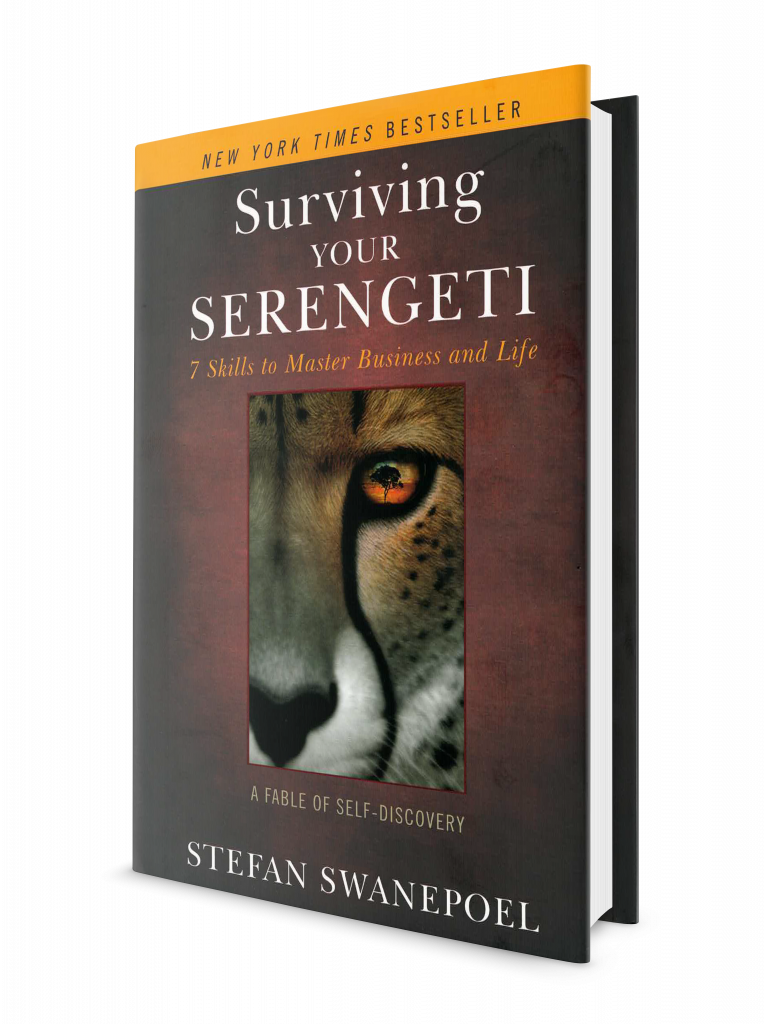
The Strategic Lion
For lions, it’s all or nothing. If their strategy fails, they go hungry. For us, however, it’s all about organizing our thoughts, ideas, experiences, skills, expertise, and expectations to accomplish a desired goal.
Strategy is not just about the end; rather, it’s the means to that end. For that reason, sound strategies must be flexible, not rigid. In its simplest form it’s a basic road map—albeit one that involves and incorporates change. This might make it not only difficult to accurately read at times, but also somewhat dependent on future uncertainty.
If you are a strategic person—a strategist—you will recognize these characteristics in yourself:
- The ability to create multiple options for solving problems.
- You chart the course that others follow by defining the tactics, steps, and resources that are required to achieve the goal while keeping the bigger picture in perspective. You remain proactive and ensure that the plan is adjusted to meet the objectives.










